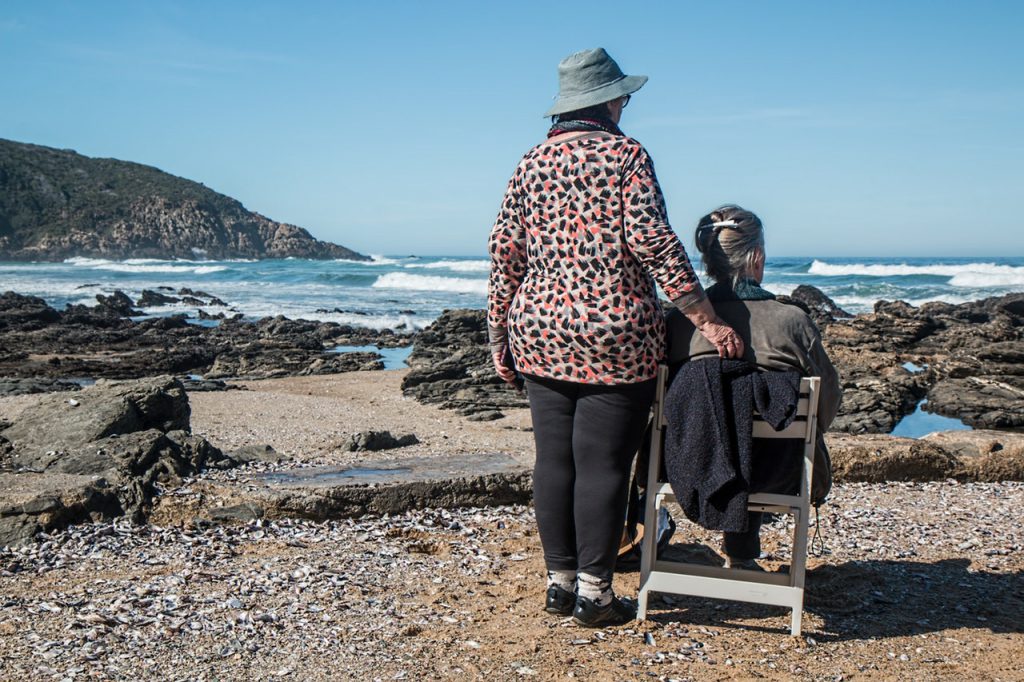Chapter 3 of the Succession Act 2006 (NSW) (“the Act”), which deals with family provisions, commenced on 1 March 2009 and applies to the Estates of people dying on or after that date, and repealed the Family Provision Act 1982 (“FPA”).
Broadly speaking, the Act provides that where the testator (i.e. the deceased person who made the Will) does not make adequate provision in their Will for the proper maintenance, education and advancement in life of certain defined dependants, the Court may in its discretion do so.
An application under the Act must be made within twelve months of the death of the deceased. The Court may permit a claim to be brought after that time in cases where “sufficient cause” is shown. It is a matter for the Court only to decide whether to allow a claim made out of time. Unlike the position under the FPA, an extension cannot be achieved by agreement or consent between the parties.
Who can apply for a claim?
Under the Act, persons who qualify as eligible persons under the Act may apply for an Order for provision. There are six categories of eligible persons, namely:
- The wife or husband of the deceased when the deceased died;
- A person in a de facto relationship with the deceased when he or she died. Pursuant to Section 21(c) of the Interpretation Act 1987, a de facto partner is defined as another person (whether of the same sex or a different sex) if the person is:
- In a registered relationship or in a State-registered relationship with the other person within the meaning of the Relationships Register Act 2010; or
- In a de facto relationship with the other person;
- A child of the deceased;
- Former wives and husbands of the deceased;
- A person:
- Who was, at any particular time wholly or partly dependent on the deceased; and
- Who is a grandchild of the deceased, at the particular time or at any time, a member of the household of which the deceased person was a member;
- A person who was living with the deceased in a close personal relationship at the time of the death.
A “close personal relationship” is defined as: a relationship (other than marriage or a de facto relationship, and not necessarily a sexual relationship) between two adult persons, whether or not related by family, who are living together, one or each of whom provides the other with domestic support and personal care (but excluding paid domestic and personal carers including those working for government or charitable organizations).
The above categories of eligible persons are “closed” categories, as only people who fit into one of the above categories may apply to the Court for a Family Provision Order. In that regard, the Court has no discretion to permit a claim from a person who is not an eligible person, even in exceptional circumstances.

How does the Court determine a Family Provision Order?
The Court determines an application for provision in a two-stage process, namely:
- The first stage is for the Court to determine whether the applicant has been left without adequate provision for his or her proper maintenance, education and advancement in life; and
- This stage only arises if that determination is made in favour of the applicant, and a Court is required to decide what provision ought to be made out of the deceased’s estate of the applicant.
What will the Court consider?
The matters the Court may have regard to when considering whether an applicant is an eligible person and whether or not to make a Family Provision Order and, if so, the nature of the Order, include, inter alia:
- Any family or other relationship between the applicant and the deceased person including the nature and duration of the relationship;
- The nature and extent of any obligations or responsibilities owed by the deceased person to the applicant or to any other person in respect of whom an application has been made for a Family Provision Order or to any beneficiary of the deceased’s person’s estate;
- The nature and extent of the deceased person’s estate (including any notional estate) and of any liabilities or charges to which the estate is subject, as in existence when the application is being considered;
- The financial resources (including earning capacity) and financial needs, both present and future, of the applicant, of any other person in respect of whom an application has been made for an Order or of any beneficiary of the deceased person’s estate;
- In circumstances where the applicant is cohabitating with another person, the financial circumstances of the other person;
- Any physical, intellectual or mental disability of the applicant, any other person in respect of whom an application has been made for an Order or any beneficiary of the deceased person’s estate that is in existence when the application is being considered or that may reasonably be anticipated;
- The age of the applicant when the application is being considered;
- Any contribution (whether financial or otherwise) by the applicant to the acquisition, conservation and improvement of the estate of the deceased person or to the welfare of the deceased person or the deceased person’s family, whether made before or after the deceased person’s death, for which adequate consideration (not including any pension or other benefits) was not received, by the applicant;
- Any provision made for the applicant by the deceased person both during the deceased person’s lifetime or made from the deceased person’s estate;
- Any evidence of the testamentary intentions of the deceased person, including evidence of statements made by the deceased person;
- Whether the applicant was being maintained, either wholly or partly, by the deceased person before the deceased person’s death;
- Whether any other person is liable to support the applicant;
- The character and conduct of the applicant before and after the date of the deceased’s death;
- The conduct of any other person before and after the date of the deceased’s death.

What if a person wrongly disposes of their assets to prevent eligible people from attaining those assets after death?
A person sometimes disposes of their assets while they are still alive (this is sometimes to prevent those assets going to certain eligible people after their death). Accordingly, to overcome this, the Court may make orders against the “notion” (i.e. disposed of) estate of the deceased. This is to enable the Court to overrule these disposals. A notional estate includes assets and property which the deceased had owned but disposed of for less than market value (known as a “prescribed transaction”). For the Court to intervene, the prescribed transaction must have taken place within:-
- Three years prior to the death of the deceased if the exchange took place with the intention to deny proper provision for an eligible person from the estate;
- Within one year prior to the death of the deceased if at that time the deceased had a moral obligation to make proper provisions for an eligible person;
- On or after the death of the deceased.
Who pays the legal costs for the application if successful?
Whilst the Court always has a discretion as to who pays the legal costs of the proceedings, generally, the costs of a successful application under the Act are ordered to be paid from the deceased estate.
For more information or advice concerning Wills & Estate Planning, contact the experienced team at Rockliffs Lawyers today.
